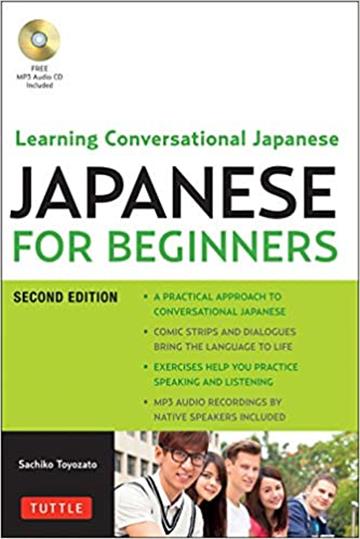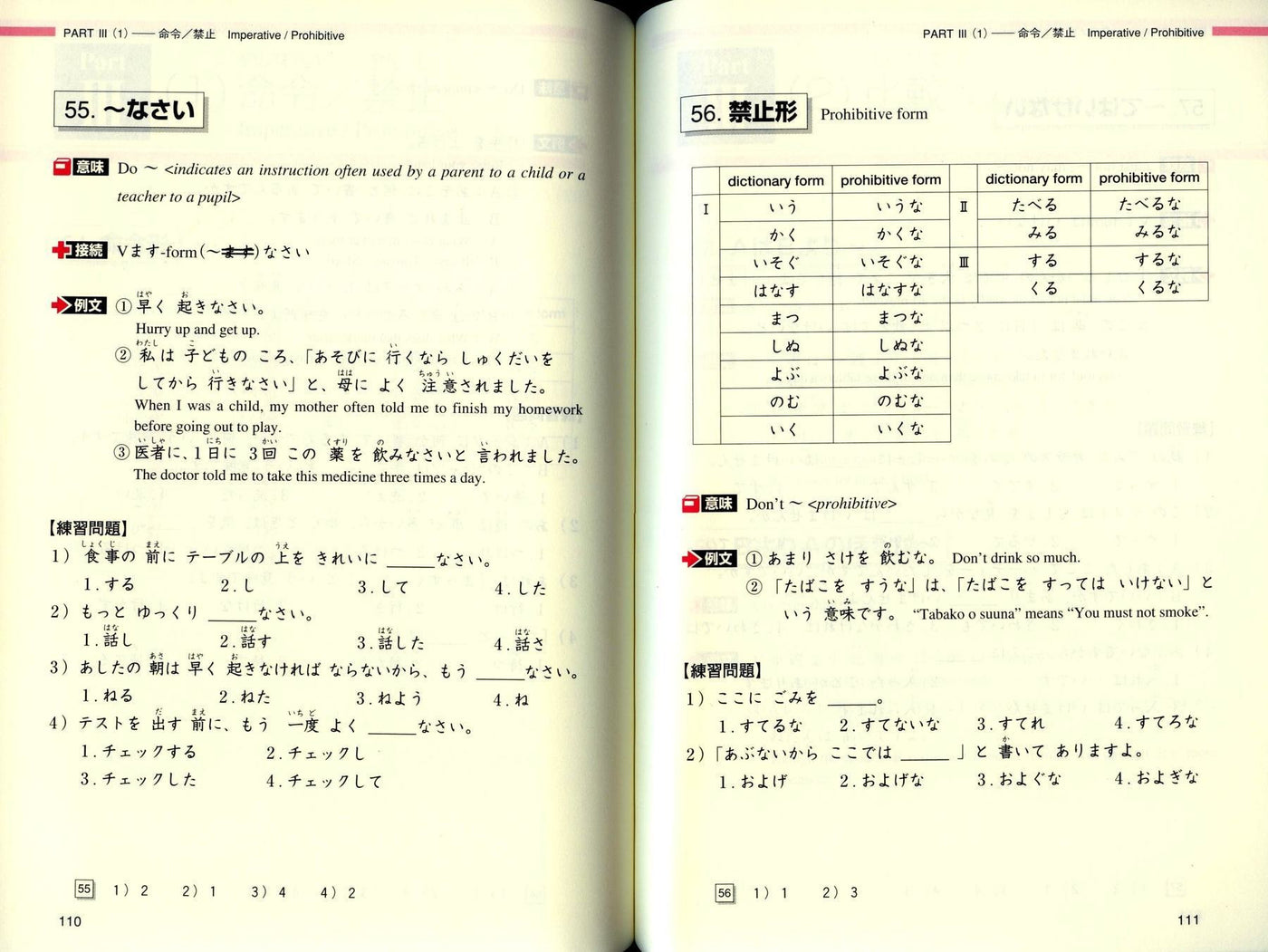
See how much your comprehension has improved over time.

When it’s becoming too difficult, try to learn and go back again. We don’t expect anyone to understand 100% of what’s said in the episode.

Japanese for beginners reviews how to#
You can then compile all the new vocabulary into a flashcard (like Anki).Ĭheck out: How to Learn Japanese with the Anki Flashcard System. Whenever you hear a new word or any phrases that are unfamiliar, write it down in a note. Fill in your knowledge gap and write notes It’s also a great chance to condition your listening skill, too. By opting for English subtitles with Japanese, you’re actively reviewing and learning new kanji. This particularly works when you’re around intermediate-level. At the end of the day, finding an engaging show or film you can stick to is a bigger motivator to learn Japanese - and, ultimately, a more effective alternative. With that said, in the long run, choose an anime and genre you enjoy watching. Anime for children, for example, are great because they contain simple and beginner-level Japanese. For more educational purposes, try to start with lighter genres, like slice-of-life, romance or comedy. Choose your anime genreĪnime shows like Shingeki no Kyojin (Attack on Titan) and Jujutsu Kaisen (Sorcery Fight) are getting popular, but they use a lot of niche vocabularies that are not common in real-life use. Together, they create a well-rounded language learning progress. Here are a few tips to effectively make anime a part of your Japanese study plan. You need both formal learning materials - like the right Japanese course that focuses on speaking and practices - and a casual study method. Don’t expect watching your favorite anime for 8 hours straight will magically turn you into a fluent speaker. Seinen genre, which is a subgenre targeted at young Japanese male audience, is known to contain rude slang words that you absolutely can’t use.Īfter all, watching anime is only one ingredient of a large recipe.

We want you to be aware that not all Japanese phrases and slang you’ll find in the anime world are appropriate for real-life use. You’ll only risk offending native speakers or, worst, embarrassing yourself. A common pitfall among anime fans is adopting vocabulary words and phrases without fully understanding the meaning and contextual use.įor example, a lot of action anime will use temee ( “you” in Japanese), but it’s a very offensive second-person pronoun. Remember what we say about anime as a tool to help you learn natural expressions? Don’t expect the Japanese in anime to fully reflect real-life Japanese. That way, you won’t mindlessly mimic what’s said on the shows and use it in the wrong context.Ĭheck out: 10 Phrases from Japanese Anime to Use. If you start too soon, you won’t have the mind to understand or listen to anything. We recommend anyone to learn Japanese when they’ve got a solid foundation in the Japanese language - or at least when they’re around upper-beginner.

By watching Japanese media, you’re exposed to (almost) real-life conversations between Japanese people - something that is important when you can’t really immerse in Japanese society (in other words, when you’re not living in Japan). This is why anime and manga can provide valuable education to Japanese culture and daily lives. Oftentimes, they don’t provide you with the right practical insights either, like Japanese slang words, social context and casual, natural expressions. While using textbooks and workbooks is a great way to study Japanese, formal instructions can feel stiff and restricting. These shows use simple, casual Japanese, so they’re easy to absorb - but still insightful.Īlso check out: 100 Japanese Anime Vocabulary Words You Can (or Cannot) Use. After all, how long can you glue your face to a JLPT textbook before reaching your phone? How many Japanese vocabulary words can you go through in Anki before you feel overwhelmed?įrom classic, family-friendly Ghibli films and comedy-romance tropes to tear-jerking slice-of-life, check out our recommended anime shows to binge-watch if you’re a beginner in Japanese. It’s easy for Japanese learners to feel stuck in a study rut.


 0 kommentar(er)
0 kommentar(er)
